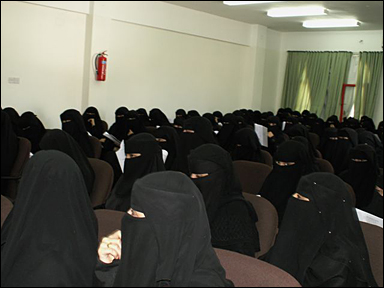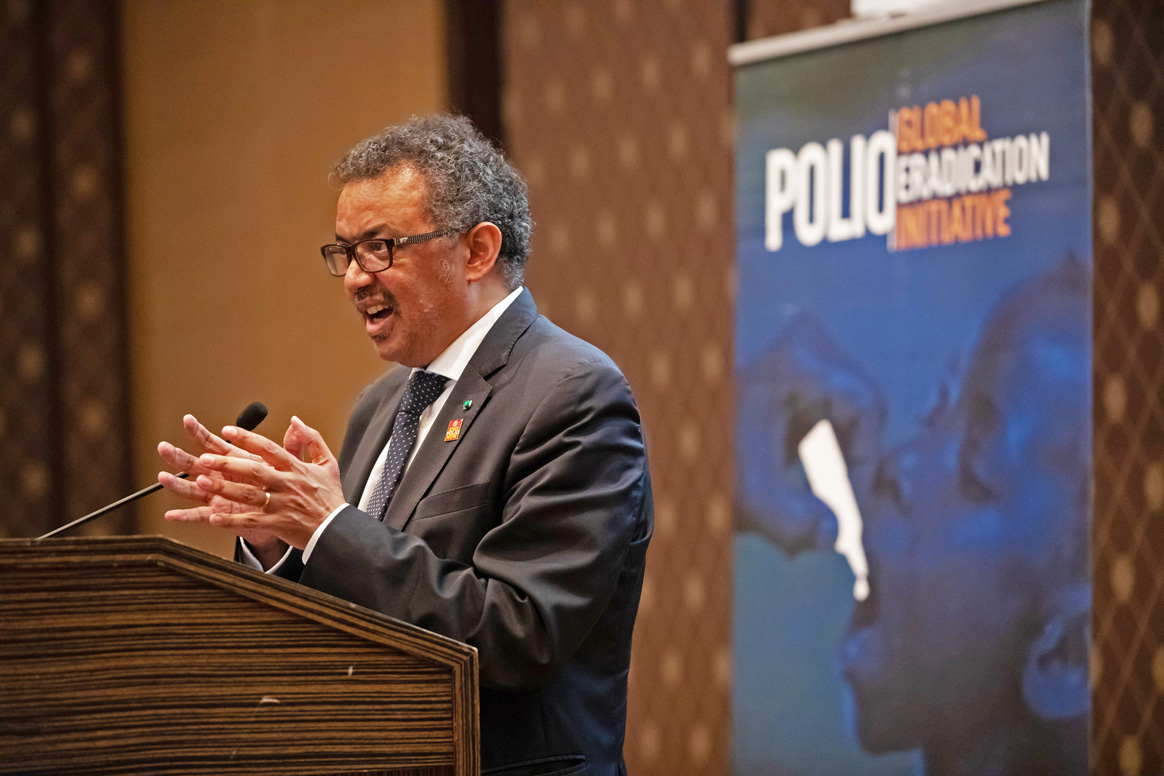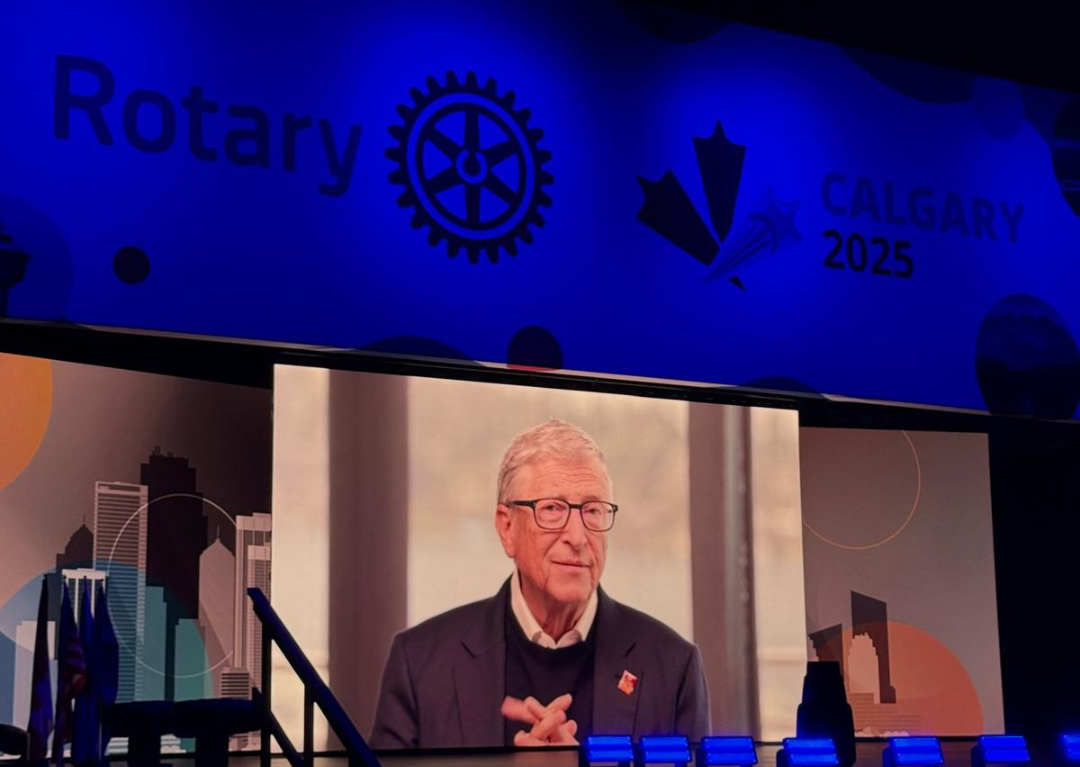Vaccinators – often volunteers – are recruited and trained in the days before a vaccination campaign. These women are the critical entry point into a household, as men are not usually allowed inside.
Posters on cars, buses and walls remind people of the importance of vaccinating their children. Radio and television announcements invite parents to immunize children.
A vaccination team sets out in Sana'a city, the capital of Yemen. Across the country, such teams will drop vaccine into the mouths of 3.8 million children. The vaccine is monovalent, protecting the child against the type 1 poliovirus, which circulates in the area.
Equipped with maps that show all the houses in a neighbourhood, vaccinators knock on every door to find children. One team member climbs the stairs to the upper floor of one of the city’s traditional houses, while another waits below with the cooler containing the vaccine. Every morning, these teams pick up vaccine from a central location and load it into their coolers. A special monitor on the vial changes colour if the vaccine has been out too long and is no longer useable.
Newborn Sifa is given her first dose of the vaccine. As polio vaccine has to be given repeatedly before the body develops immunity, she already has a good chance of escaping polio.
Children run enthusiastically out of their houses to take the vaccine. Their fingers are marked with indelible ink to show that they have received their dose and they proudly show off their finger marks to passers-by.
A community leader helps the vaccinator and father to give the vaccine to a child. These leaders are highly respected in their communities – elders, teachers, doctors, preachers, spiritual figures, business people. They encourage parents to have their children immunized.
The outside of a house is marked with chalk to show that vaccinators have visited. The marks tell vaccinators whether children in that home were vaccinated or not. If not, a second visit is arranged.











